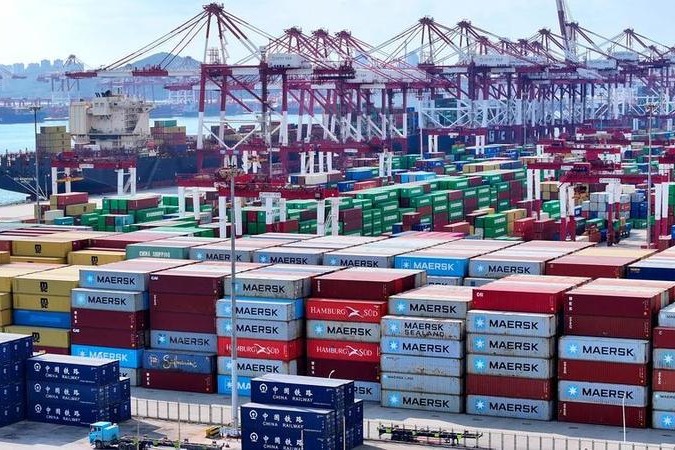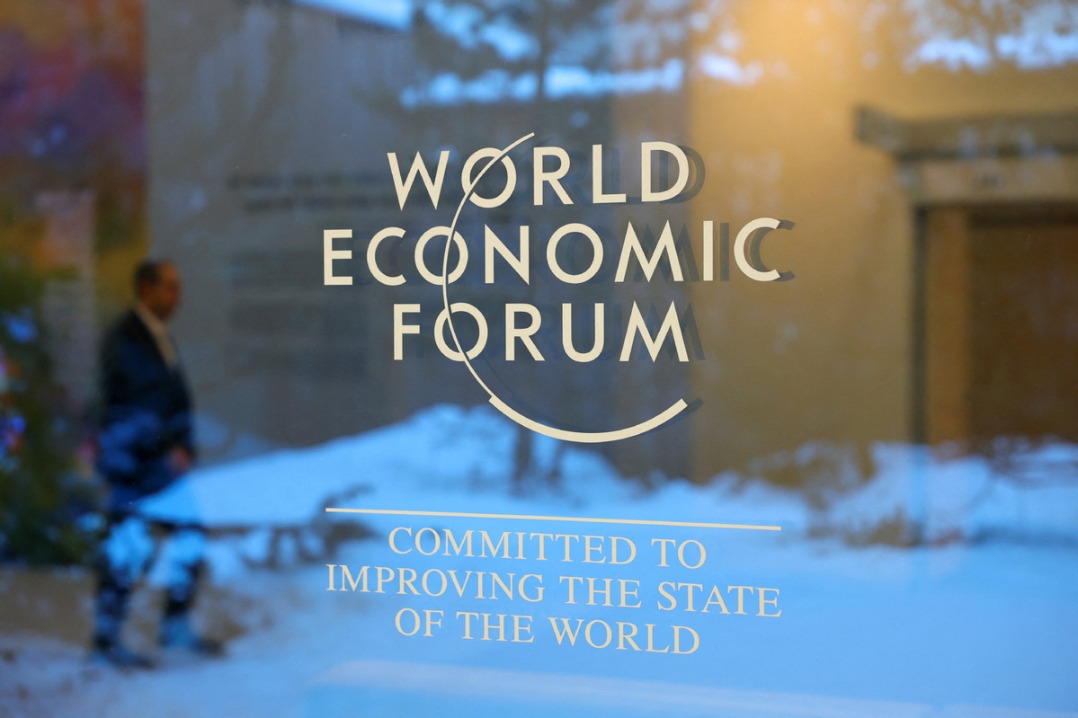Sino-Russian ties apt example of win-win partnership

Beijing-Moscow relations went through many ups and downs before beginning to dramatically improve in the early 1990s, proving that a resilient and robust Sino-Russian partnership is of vital interest to both sides.
On Oct 2, 1949, the day after the founding of the People's Republic of China, the Soviet Union became the first country to establish diplomatic relations with China, ushering in years of friendly cooperation.
In the early 1950s, several bilateral treaties were signed, including the Sino-Soviet Treaty of Friendship, Alliance and Mutual Assistance, with the Soviet Union providing support for China in various fields, including helping construct more than 150 major projects during the First Five-Year Plan (1953-1957) period. The Soviet Union also provided military support for China after the latter joined the Korean War (1950-53) to safeguard its border. And China appreciated the contributions of the Soviet Union during its early stages of development.
However, since the 20th Congress of the Communist Party of the Soviet Union in 1956, disagreements between the Chinese and Soviet communist parties increased and, as a result, China-Soviet relations gradually deteriorated during the years when Nikita Khrushchev and Leonid Brezhnev were leaders of the Soviet Union.
Bilateral relations began normalizing when Mikhail Gorbachev took up the mantle of the Soviet Union's leadership. In particular, Gorbachev's visit to China in 1989 marked the formal normalization of Beijing-Moscow relations.
The drastic changes in the global political landscape in the early 1990s prompted China to significantly adjust its approach to economic development. Former leader Deng Xiaoping's political wisdom of dealing with the complicated international situation could still be a valuable lesson for China. No matter how complex the international environment is, China needs to maintain strategic calm and remain resilient.
As for China and Russia, they need to continue strengthening their partnership despite the changes in the international environment, and especially at a time when unilateralism and trade protectionism are rising in many parts of the world. The two neighbors established "good-neighborly and mutually-beneficial" relations in 1992, a "constructive partnership" in 1994, and a "strategic partnership of coordination" in 1996. These were three important achievements of the Sino-Russian relationship during the administration of first Russian president Boris Yeltsin.
The multilateral diplomacy promoted by Yevgeny Primakov, Russian foreign minister from 1996 to 1998 and prime minister between 1998 and 1999, greatly improved Sino-Russian relations.
Incumbent Russian President Vladimir Putin, even when he was Russia's prime minister, has made great efforts to deepen Beijing-Moscow ties over the past two decades. His efforts have not only helped strengthen cooperation in many fields including trade, energy and technology, but also initiated a series of "exchange years". Which in turn increased people-to-people exchanges, and linked the China-proposed Belt and Road Initiative and Russia's Eurasian Economic Union.
Thanks to political mutual trust, economic complementarity, cultural exchanges, peaceful negotiations and military interactions, Sino-Russian relations have reached an even higher level in the new era.
Sino-Russian ties are a good example of a new type of major-country relationship, which shows that based on mutual trust and mutual respect, countries can realize win-win development through cooperation and fair competition and by resolving disputes via negotiations.
Since China and Russia play important roles in regional and global affairs, the deepening partnership and cooperation between them will help them not only safeguard their national interests but also promote mutual development and help maintain global stability and peace.
The author is a researcher at the China Center for Contemporary World Studies. The views don't necessarily represent that of China Daily.


































